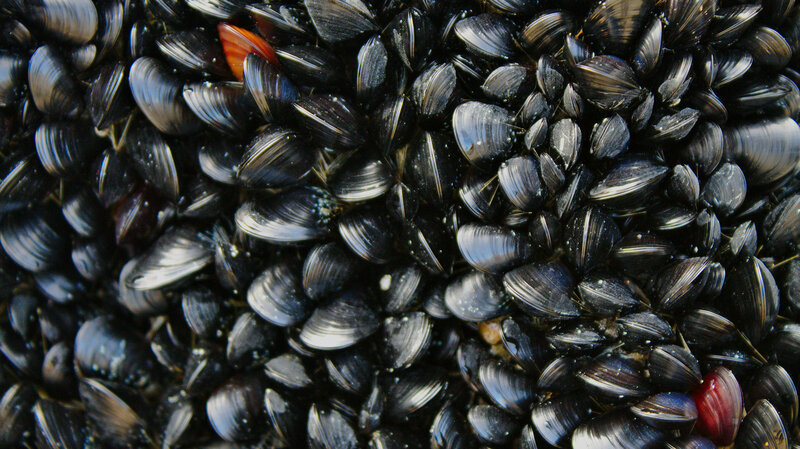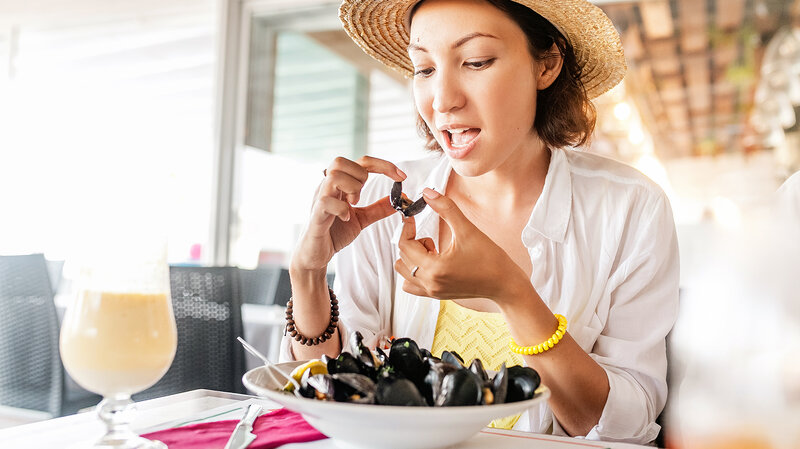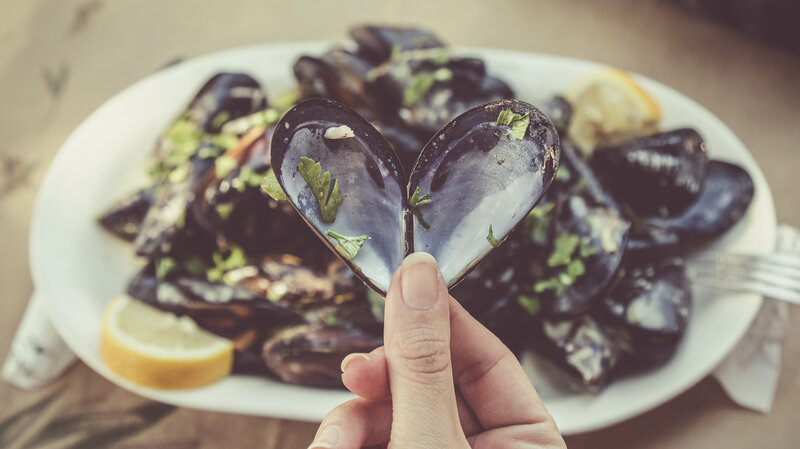The Rise of the Convenience Generation and the Market for Dutch Mussels
Dutch mussels are a remarkable product. The black gold from the Dutch province of Zeeland is delicious, healthy, sustainable, easy to prepare, and eating mussels is a unique experience. How do we ensure that the new generation of consumers, known as the Convenience Generation, opens their hearts to mussels? To answer this question, Het Mosselbureau has rolled up its sleeves, presenting the initial findings on January 18 during the Shellfish Conference at Delta Park Neeltje Jans.
Home market small but crucial
Maintaining a healthy and vibrant home market is crucial for ensuring the sector's sustainability. However, it is notable that mussels are predominantly purchased by those aged 50 and above in both the Netherlands and Belgium. In fact, in the Netherlands, 85.5% of the volume is purchased by this consumer group. If this trend persists, the Dutch demand for mussels may shrink to a niche market.

Associations and barriers to mussels
Consuming mussels is associated with vacation, summer, and the sea. Older individuals tend to prepare mussels at home more often, while the younger generation prefers to enjoy them outside. The classic mussel pot remains popular, but there is a growing trend towards Oriental and Mediterranean preparations. However, there is also a lack of knowledge among consumers, with many misconceptions and barriers regarding mussels that are outdated or simply untrue. For instance, many consumers believe that preparing mussels is time-consuming and challenging. The mussel sector faces a robust marketing challenge to dispel these misconceptions.

Turning the tide
Younger individuals are the consumers of the future, and this new generation is growing up entirely differently from the largest group of mussel consumers. This new generation is the first to be fully digital, accustomed to having all desired information at their fingertips.
"In 2030, 64% of consumers' food budget will consist of the 'convenience' component."
The Convenience Generation
According to Het Mosselbureau, by 2030, about 64% of consumers' food budget will consist of the 'convenience' component. Millennials and Generation Z are often associated with the Convenience Generation, but the term is more attributed to mindset and lifestyle than to a specific age group.
This growing consumer group prioritizes enjoyment and easy living. Their consumption and purchasing patterns are far from traditional. A diverse and unique assortment is a must, and they view eating out as an experience. Online ordering and delivery options, strong online profiling, and social media are indispensable to establish a presence with this consumer group.
There is a significant gap between the traditional mussel sector and the Convenience Generation. The mussel sector typically promotes its product through traditional media such as advertisements, brochures, physical promotional materials, and press attention. However, the Convenience Generation, having grown up entirely digitally, requires a different approach. The purchase of mussels begins online, and social media plays a significant role in the buying process.

Opportunities for Dutch Mussels
It is clear that the Dutch mussel sector faces the challenge of winning the hearts of the Convenience Generation and charting a new course. To avoid the fate of becoming obsolete, like the BlackBerry or V&D, a contemporary approach is essential.
New Marketing Strategy: The future of the mussel sector lies in understanding the needs and expectations of the Convenience Generation. Online visibility and a strong presence on social media are indispensable to reach this new generation. The traditional approach through advertisements and brochures must give way to a digital strategy that aligns with the behavior of the Convenience Generation. It starts online, and the mussel sector must actively engage on platforms where the Convenience Generation is present.

Focus on Convenience: The opportunities lie in dispelling misconceptions and barriers that consumers currently experience and that hinder them from enjoying mussels. By emphasizing that mussels are easy to prepare and seamlessly fit into the convenience-driven eating patterns of this generation, perceptions can be positively influenced.
Sustainable Proteins: Furthermore, the growing demand for healthy and sustainable food alternatives presents opportunities for mussels. The sector must capitalize on this trend by demonstrating that mussels are not only easy but also healthy, sustainable, and of high quality. An improved consumption of mussels can contribute to accelerating the protein transition.
With the right online strategy, innovation in product presentation, and variation in preparation methods, Dutch mussels have the potential to become a favorite among the Convenience Generation. By collectively working on improving online visibility, sharing knowledge, and breaking traditional boundaries, the mussel sector can look forward to a sustainable future and tap into a broader market. Thus, mussels can not only maintain their place in the hearts of Zeeland residents but also entice the new generation of consumers with the unique taste and experience of black gold.











